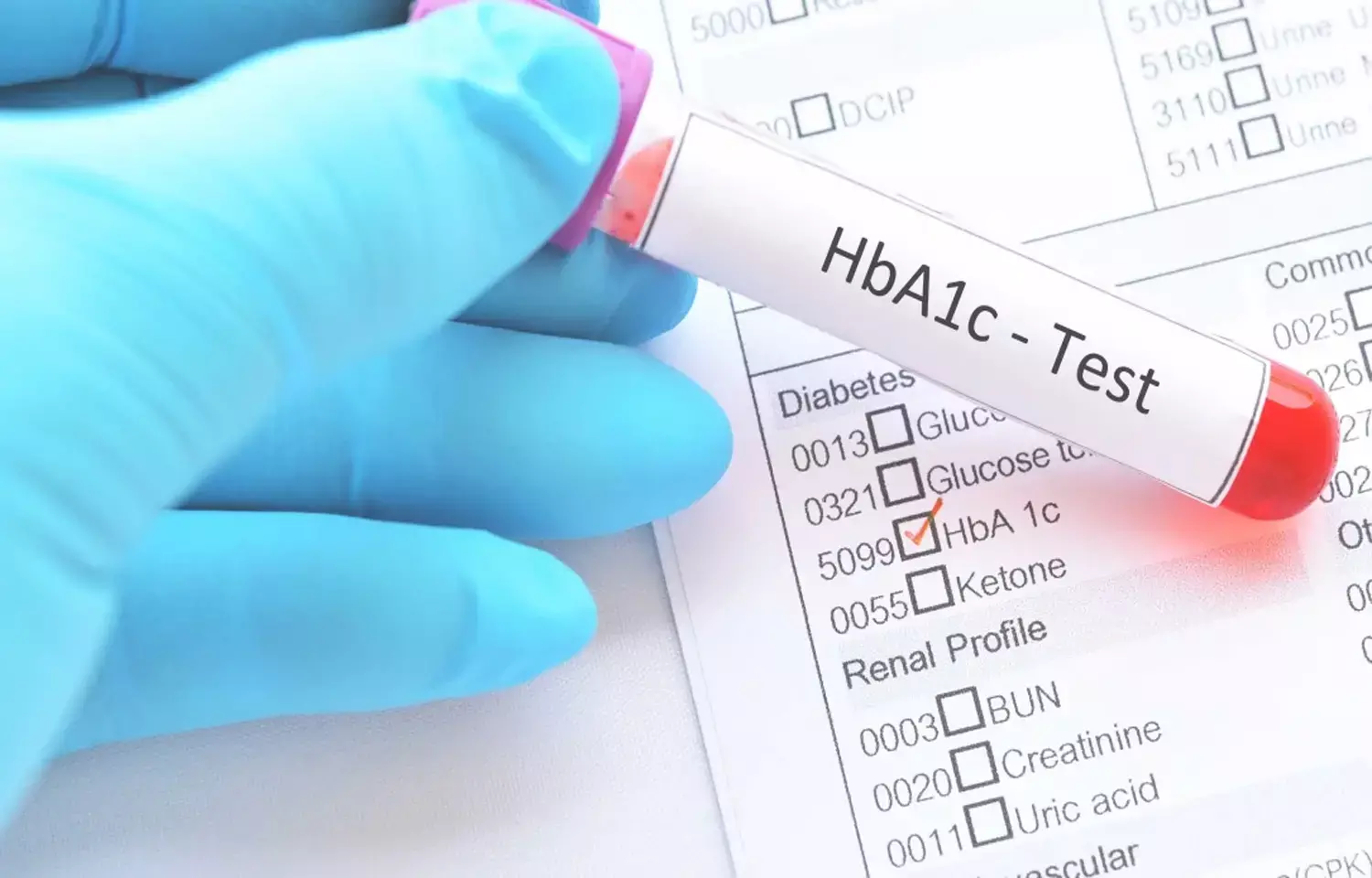- Home
- Medical news & Guidelines
- Anesthesiology
- Cardiology and CTVS
- Critical Care
- Dentistry
- Dermatology
- Diabetes and Endocrinology
- ENT
- Gastroenterology
- Medicine
- Nephrology
- Neurology
- Obstretics-Gynaecology
- Oncology
- Ophthalmology
- Orthopaedics
- Pediatrics-Neonatology
- Psychiatry
- Pulmonology
- Radiology
- Surgery
- Urology
- Laboratory Medicine
- Diet
- Nursing
- Paramedical
- Physiotherapy
- Health news
- Fact Check
- Bone Health Fact Check
- Brain Health Fact Check
- Cancer Related Fact Check
- Child Care Fact Check
- Dental and oral health fact check
- Diabetes and metabolic health fact check
- Diet and Nutrition Fact Check
- Eye and ENT Care Fact Check
- Fitness fact check
- Gut health fact check
- Heart health fact check
- Kidney health fact check
- Medical education fact check
- Men's health fact check
- Respiratory fact check
- Skin and hair care fact check
- Vaccine and Immunization fact check
- Women's health fact check
- AYUSH
- State News
- Andaman and Nicobar Islands
- Andhra Pradesh
- Arunachal Pradesh
- Assam
- Bihar
- Chandigarh
- Chattisgarh
- Dadra and Nagar Haveli
- Daman and Diu
- Delhi
- Goa
- Gujarat
- Haryana
- Himachal Pradesh
- Jammu & Kashmir
- Jharkhand
- Karnataka
- Kerala
- Ladakh
- Lakshadweep
- Madhya Pradesh
- Maharashtra
- Manipur
- Meghalaya
- Mizoram
- Nagaland
- Odisha
- Puducherry
- Punjab
- Rajasthan
- Sikkim
- Tamil Nadu
- Telangana
- Tripura
- Uttar Pradesh
- Uttrakhand
- West Bengal
- Medical Education
- Industry
HbA1c useful for identifying women at risk for pregnancy complications: Study

France: Glycated haemoglobin (HbA1c) at gestational diabetes diagnosis may identify women at risk for pregnancy complications, reveals a recent study.
Findings of the study, published in the journal Diabetes & Metabolism, suggest that HbA1c at the time of testing for gestational diabetes may be a useful pragmatic tool for identifying women at risk. This would be helpful for identifying and applying preventative treatment for women at increased risk.
Prior to the study it was not clear whether HbA1c has utility in predicting adverse outcomes in GDM. Anne Vambergue, University of Lille, Lille, France, and the team therefore aimed to examine the predictive value of HbA1c at GDM diagnosis with adverse pregnancy outcomes in a cohort study.
The study included 4,383 women with GDM between 2011 and 2018. The association of HbA1c with pregnancy outcomes were assessed before and after adjustment for predefined risk factors of GDM. The researchers examined these association considering HbA1c as categorical variables using five pre-specified HbA1c classes: and as a continuous variable.
Based on the study, the researchers found the following:
- An HbA1c ≥ 5.6% (38 mmol/mol) identified women with at greater risk for macrosomia: odds ratio (OR) = 2.12 for HbA1c = 5.6-5.9% and 2.06 for HbA1c > 5.9% versus HbA1c ≤ 4.5% (26 mmol/mol).
- HbA1c ≥ 5.6% (38 mmol/mol) was associated with greater risk for caesarean: 1.64 for HbA1c = 5.6-5.9% and 1.58 for HbA1c > 5.9% (41 mmol/mol) versus HbA1c ≤ 4.5% (26 mmol/mol).
- Using HbA1c ≤ 4.5% (26 mmol/mol) as reference category, HbA1c > 5.9% (41 mmol/mol) increased the OR of preterm delivery to 3.33.
- HbA1c remained significant for Adverse Pregnancy Outcome Composite after adjustment.
"The findings suggest that a single HbA1c reading may be a useful pragmatic tool to identify women at risk," wrote the authors. "Such identification may be a useful guide for identifying and applying preventative treatment for women at increased risk."
Reference:
The study titled, "HbA1c at the time of testing for gestational diabetes identifies women at risk for pregnancy complications," was published in the journal Diabetes & Metabolism.
Dr Kamal Kant Kohli-MBBS, DTCD- a chest specialist with more than 30 years of practice and a flair for writing clinical articles, Dr Kamal Kant Kohli joined Medical Dialogues as a Chief Editor of Medical News. Besides writing articles, as an editor, he proofreads and verifies all the medical content published on Medical Dialogues including those coming from journals, studies,medical conferences,guidelines etc. Email: drkohli@medicaldialogues.in. Contact no. 011-43720751


